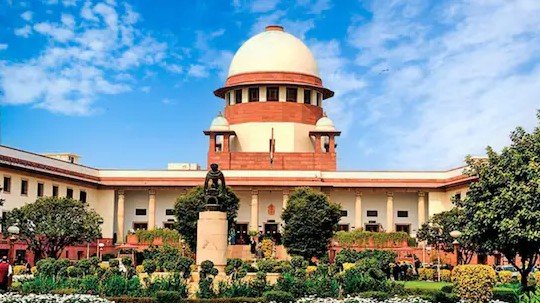Supreme Court Summons States: Standardizing Hospital SOPs Soon
Apex court orders states to frame uniform SOPs for hospitals to ensure transparency, accountability, and ethical treatment of patients amid rising complaints of malpractice in private healthcare.
Discrepancies Between Government and Private Hospitals Exposed
With the number of patients rapidly increasing across India, the rapid expansion of both government and private hospitals has exposed glaring discrepancies in operational norms. Taking serious note of these irregularities, the Supreme Court has directed all states to adopt uniform Standard Operating Procedures (SOPs) for hospital functioning—particularly regarding transparency in Intensive Care Units (ICUs) and Critical Care Units (CCUs).
While government-run hospitals largely adhere to prescribed laws, the same cannot be said for private hospitals, where lax regulation and opaque practices are common. Patients’ families often complain of being denied basic information once their relative is shifted to the ICU—no status reports, no updates on treatment or medication—creating mistrust and friction between families and hospital authorities.
Allegations of Misleading Families After Death
Disturbing reports have surfaced from several states alleging that some private hospitals mislead families even after a patient’s death—allegedly to extract additional fees. Such unethical practices, medical experts warn, have eroded public trust and point to a serious governance gap in the country’s healthcare sector.
Adding to the concern, many states have failed to implement the rule requiring at least 10% of hospital beds to be reserved for ICU use. This neglect, especially in high-burden districts, has led to preventable loss of lives and overcrowding in emergency wards.
Supreme Court’s Push for Transparency and Accountability
The Supreme Court has made it clear that the time for piecemeal reforms is over. It has instructed all states to formulate and implement clear SOPs to ensure transparency, timely information-sharing, and accountability within hospitals.
These SOPs are expected to outline communication protocols between medical staff and families, rules for billing and discharge procedures, and minimum ICU infrastructure requirements. States have been asked to submit compliance reports within a fixed time frame.
Odisha Begins Consultation Process
In Odisha, the state government has already taken the lead by initiating consultations with officials of public and private medical colleges to draft its own set of SOPs in line with the apex court’s directive. Health department sources said the proposed guidelines aim to establish a uniform patient-rights framework, bridging the trust gap between doctors and families.
The final draft, officials say, will likely include provisions for daily patient briefings, mandatory transparency in billing, and clear grievance-redressal mechanisms.
Systemic Inertia and the Larger Healthcare Context
The court’s order comes at a time when several hospitals across India are struggling with what experts call “systemic inertia”—a lack of institutional will to upgrade services despite administrative changes. A case in point is Jeypore’s subdivisional hospital, recently rechristened as a district medical centre without the accompanying infrastructure upgrades.
Health experts have welcomed the Supreme Court’s intervention, calling it a “turning point in patient-centred care” that could transform how serious illnesses are managed and communicated in India.
Experts’ View:
“This directive is not merely about legal compliance,” said a senior health policy analyst. “It’s about restoring dignity and transparency to healthcare—something our hospitals have long neglected.”



Comments are closed.